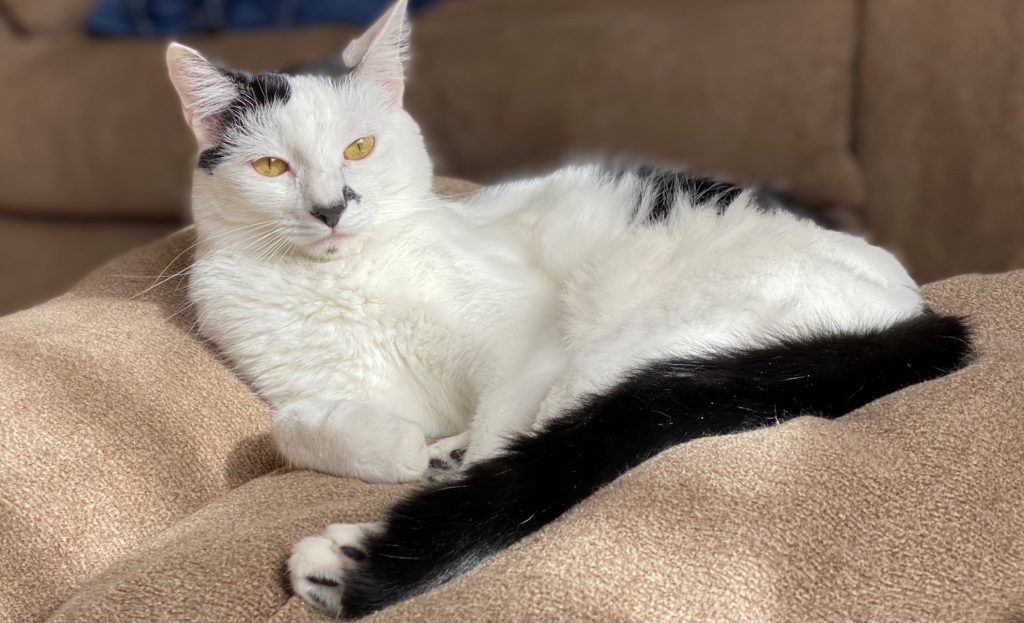Do Medicaid recipients need to “spend down” their stimulus money?
In March 2020, the Coronavirus Aid, Relief, and Economic Security (CARES) Act authorized stimulus checks of up to $1,200 to most Americans, including Medicaid recipients. In December 2020, checks of up to $600 were issued, followed by another $1,400, in February 2021. In Virginia, Medicaid recipients can only have $2,000 in countable resources and remain eligible for Medicaid. There are also income limits for some people receiving Medicaid benefits. Thankfully, these stimulus checks are not considered income for Medicaid recipients, and the payments have also been excluded from Medicaid’s resource limits for at least twelve months.
Although the one-year deadline for spending down the first stimulus check has passed, the Families First Coronavirus Response Act provides that Medicaid benefits that were in place as of March 18, 2020, cannot be terminated even if there is a change in circumstances that would normally result in Medicaid ineligibility. The law states that the recipient’s Medicaid coverage must continue through the end of the month in which the Secretary of Health and Human Services declares that the public health emergency has ended. The public health emergency has been renewed many times and is currently set to end on July 20, 2021, but it will likely be extended again through the end of 2021.
However, at some point in the future, the deadline to spend down stimulus money will eventually expire. Medicaid recipients should not delay in finding ways to spend down stimulus money that has caused their resources to exceed $2,000. Stimulus money can be spent down in a variety of ways, including paying off debt, making repairs to your home, updating personal items such as clothing and furniture, purchasing medical equipment, and paying for dentistry and eye care, which are not covered by Medicaid.
It is important to remember that Medicaid recipients generally cannot make gifts or uncompensated transfers. The stimulus funds should be spent on items that can be used for the benefit of the Medicaid recipient and should not be given away or transferred to anyone else.
If you have questions about the best way to use your stimulus money while maintaining your public benefits, contact an experienced elder law attorney for guidance.
ASK THE ATTORNEY
Client: I had a will prepared in another state. Is it valid in Virginia?
Emily A. Martin: If your will was properly prepared in another state, it is probably valid in Virginia. However, your family may be required to obtain affidavits from witnesses to the original will and you may have inapplicable or inadequate provisions. It would be wise to have your will reviewed by an attorney.

Ask Daisy: Daisy, what can you tell me about the baby ducklings who were recently rescued from a storm drain in California?
Daisy: This is such a heartwarming story! Recently, a mother duck and her 12 ducklings were walking around the Chabot College campus when 11 of the ducklings fell into a storm drain. After the ducklings fell into the drain, the mother duck began to quack loudly, getting the attention of passersby. When the college’s maintenance staff was unable to remove the ducklings from the drain, Hayward Animal Control officer, Susan Perez, was called to the scene. She used her cell phone to play “mama duck sounds” to draw the ducklings closer to the entrance of the drain, where she was able to remove the ducklings safely. What started out as a scary adventure for these young ducks turned into a happy ending for all involved!

Emily A. Martin
757-399-7506 | 252-722-2890
emartin@hooklaw.net
Emily A. Martin joined Hook Law in 2018, bringing with her a wealth of knowledge in elder law, estate and trust administration, estate planning, asset protection planning, litigation and dispute resolution, guardianship and conservatorship, long-term care planning, special needs planning and financial planning. Since beginning her practice in elder law in 2013, Emily has successfully overseen more than 150 guardianship and conservatorship matters. In addition to being admitted to the Virginia State Bar and North Carolina State Bar, she is licensed to practice before the Department of Veterans Affairs.
Emily is dedicated to staying current with the latest developments in elder law to ensure her clients receive the most informed and effective representation. Her commitment to professional growth is reflected in her active memberships with both the National Academy of Elder Law Attorneys and the Virginia Academy of Elder Law Attorneys. She is also pursuing a Master of Laws (LL.M.) degree with a specialization in elder law, further deepening her expertise in areas such as Medicaid planning, guardianship, long-term care strategies, and elder abuse prevention. Emily’s ongoing education and professional engagement underscore her proactive approach to advocacy and her passion for serving aging individuals and their families with compassion and precision.
Emily resides in Chesapeake, Virginia with her husband and two children. When she’s not in the office or the courtroom, Emily enjoys crafting, reading and spending quality time with her family.
Practice Areas
- Elder Law
- Estate & Trust Administration
- Estate Planning
- Asset Protection Planning
- Guardianship & Conservatorship
- Long-Term Care Planning
- Special Needs Planning
- Financial Planning
